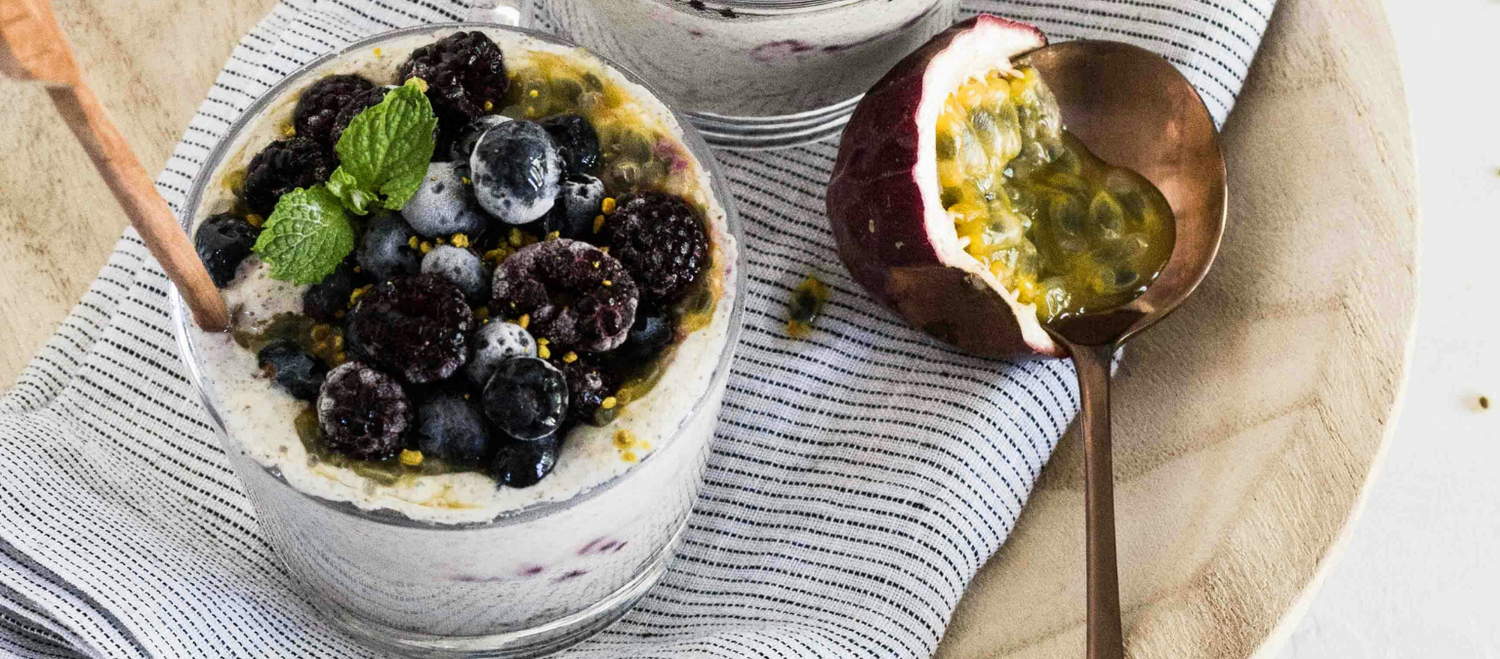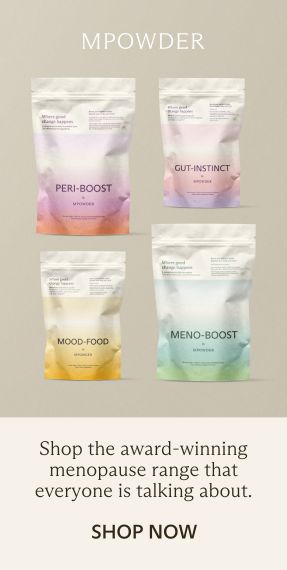Our blood sugar balance impacts weight gain. But it also has a big impact on the food we crave, fatigue, brain fog, mood swings, the quality of our sleep and hot flash severity too. Contrary to current trends, we don’t need monitors to track our blood sugar unless medically advised to! Instead, look to research-backed protocols that can reframe your relationship with food, address unhelpful lifestyle habits and deliver powerful long-term health benefits.
Getting started:
- Please don’t miss breakfast!: Particularly if you’re fatigued or experiencing late morning cravings. Instead, adopt the ‘PFF’ breakfast protocol. ‘PFF’ stands for ‘Protein, Fat and Fibre, which is all the nourishment you need on your plate to start the day.
- Look to eat 3 balanced meals a day: ‘Balanced’ meals contain good sources of protein, healthy fats and complex carbohydrates. Protein and healthy fats in particular have a crucial role to play in keeping our blood sugar stable. Look to eggs, fish (ideally wild oily fish such as salmon, mackerel, sardines, anchovies, which are also rich in Omega-3), lean meat, red meat (avoid more than twice weekly), pulses such as beans, lentils, chickpeas, nuts, seeds, nut butters and tofu. Source of healthy fats are: extra virgin olive oil, nuts (e.g. almonds, cashews, Brazil nuts, walnuts, pistachios) and seeds (pumpkin, sunflower, sesame, chia, flaxseeds) and avocados.
- Avoid snacking in between meals: If you are having 3 balanced main meals daily, you are less likely to experience cravings in between meals. If you still find yourself craving a snack, you may need to up your protein and healthy fat intake further. Keep looking in and refining until you find yourself no longer feeling that irrepressible need for a quick energy hit.
- Eat a diversity of foods that you enjoy: Food is pleasure. Which is why tracking and viewing it all through the lens of ‘fuel’ is dangerous. Appreciate what you put on your plate. Take time over the presentation. Make time for the experience of eating. Chew every bite consciously. Not only will it lead to conscious consumption…it will help your gut extract goodness better too.
- Finally, stay away from Ultra Processed Foods: this is particularly important in midlife, when our metabolic rate is impacted by hormone shifts and our gut less able to extract nutrients. They are known to spike blood sugar as well as create craving cycles which make it impossible to stop when full.
Share Twitter Facebook Pinterest

